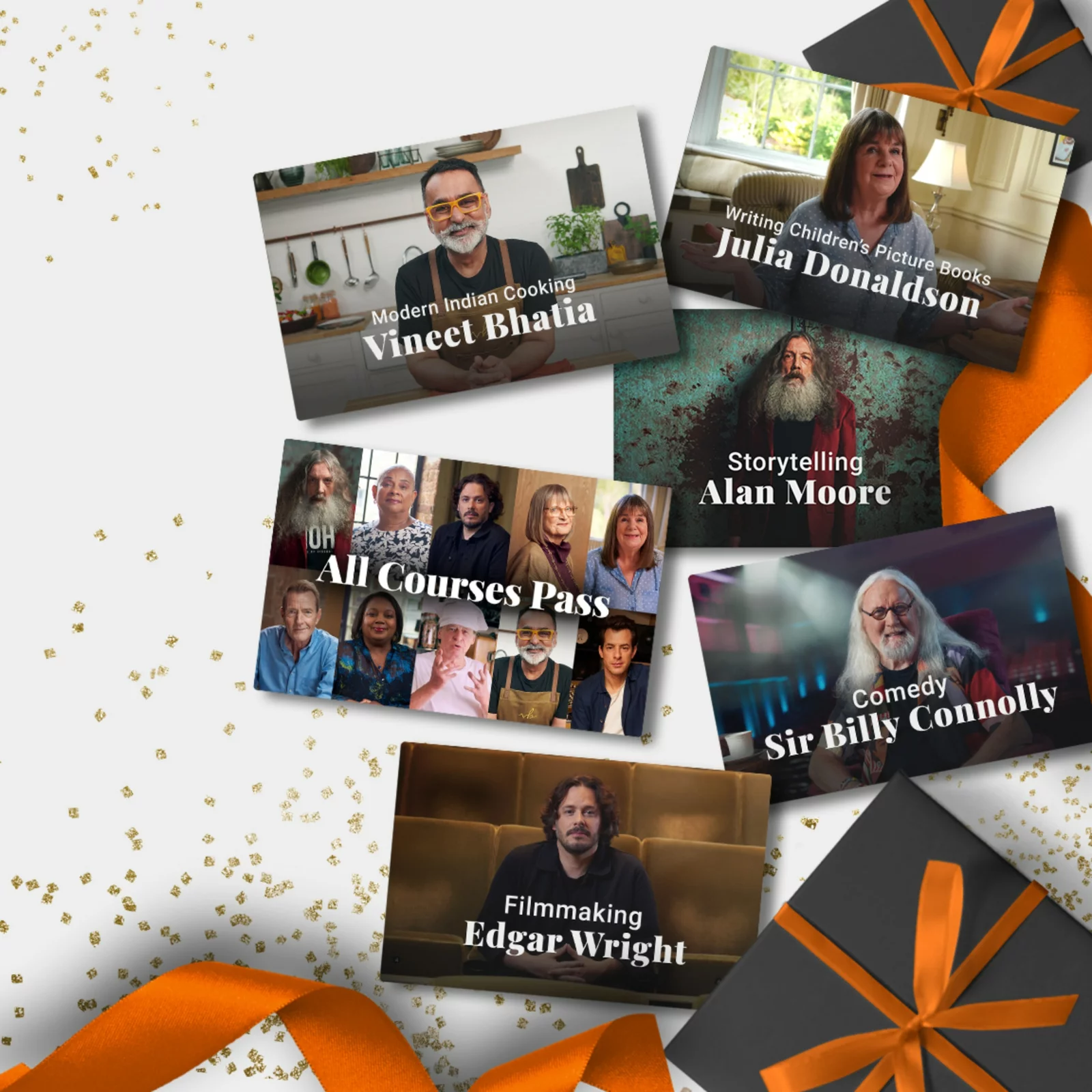
How to get into musical theatre
By BBC Maestro
Do you want to tread the boards as a Broadway or West End actor?
When you’re just starting out, it can seem a huge and rather daunting prospect. However, by combining your talents with lots of training, practise and a willingness to attend many, many auditions, you can stand as good a chance as any other rookie performer.
In this article, we look at some tried and tested ways to get into musical theatre.
How to get into theatre
World-renowned musical theatre lyricist Sir Tim Rice has a disarming response when asked how his career began.
“I got into it by mistake.”
While he acknowledges that luck comes into it, he also explains that for a successful musical theatre career, you also need drive, determination and “above all, enthusiasm and interest.”
If you’re reading this, you already have the latter elements. When you start out, it’s important to hone your skills, build your experience – and make contacts. Sir Tim’s writing career began when he was introduced to the teenage Andrew Lloyd Webber, who needed a writing partner:
“So yes, luck is very important, and meeting the right people is very important.”
We’ll look at how to build both your portfolio and your network in this article. If you want to know how to become a Broadway actor, read on.
Training for musical theatre
For a musical theatre career, you need to be skilled in the three areas of singing, dancing and acting, and most actors will constantly top up their talents with classes. Book vocal, dance and acting lessons, which teach you stamina as well as techniques, and can be a valuable way to make contacts.
If this sounds alarming, don’t worry: very few professionals are the “triple threat” of being leaders in all three musical theatre talents, and most are strong in two and simply good in the third. Training will help you work with your strengths and become proficient in even your less dominant skill.
Relevant professional qualifications
As well as training, professional qualifications are a plus, especially from an institution with a great reputation. In the UK, there are famous performing arts schools like LAMDA and RADA, as well as respected courses at universities including Manchester and Exeter.

Am dram, youth theatres and workshops
When you’re starting out in musical theatre, it can feel like you’re in the middle of a vicious circle: you need experience to get a job, but you can’t get a job because you don’t have the experience. It’s up to you to break this cycle, by joining local amateur dramatic groups or if you’re the right age, a youth theatre. Book yourself onto drama workshops, which gain you contacts as well as skills.
A musical theatre CV
While you’re getting this valuable experience, start pulling together your musical theatre CV (also known as a resume). This will accompany you to future auditions and needs to detail any theatrical experience and training.
Professional headshots
Your CV needs to include a professional headshot. While we all prefer a flattering photo, it needs to accurately represent you as you look at the moment, and you’ll need to keep getting updated photos taken. This is because casting directors A, need to know what physical type you are for casting purposes and B, need to remember which auditionee you were. Don’t save money by taking a selfie: hire a professional.
Theatrical agents
As you start to build your musical theatre portfolio, you might start thinking about finding an agent. While it’s possible to find work without an agent, you’re more likely to find good work with one. Agents know everyone, which is just what a budding performer needs. Having an agent also validates you in the eyes of directors and casting directors – a huge plus point.
Auditions
Expect to go to a lot of auditions. As a musical theatre performer, most of these will include singing, dancing and acting elements, and it’s super-important to keep what casting director Jane Deitch calls “match fit” in between auditions.
A quick motivating aside… Jane Deitch reminds us that there’s no such thing as being “out of work” if you’re busy preparing for attending auditions. This is now a large part of your job.

Exploring a range of roles
If you love the idea of working in musical theatre but aren’t too sure about becoming a performer, you can train, qualify and work in all sorts of other areas. Productions need everything from makeup to marketing, and there are many other exciting roles within the industry. Explore the idea of different musical theatre jobs: who knows, you could be the next Jane Deitch or even Sir Tim Rice…
Similar, but different
Conversely, some roles will use your musical talents outside the theatre. Touring shows, cabarets, television work, cruise ships – explore other ways to use your musical theatre talents.
Sir Tim Rice describes his own introduction to musical theatre in his BBC Maestro course, Writing and Performing Musical Theatre. The famous lyricist is refreshingly honest about his experiences, and has plenty of tips and advice to share. Take a look at his course to find out more.
See more courses

Give the gift of knowledge
Surprise a special someone with a year's access to BBC Maestro or gift them a single course.